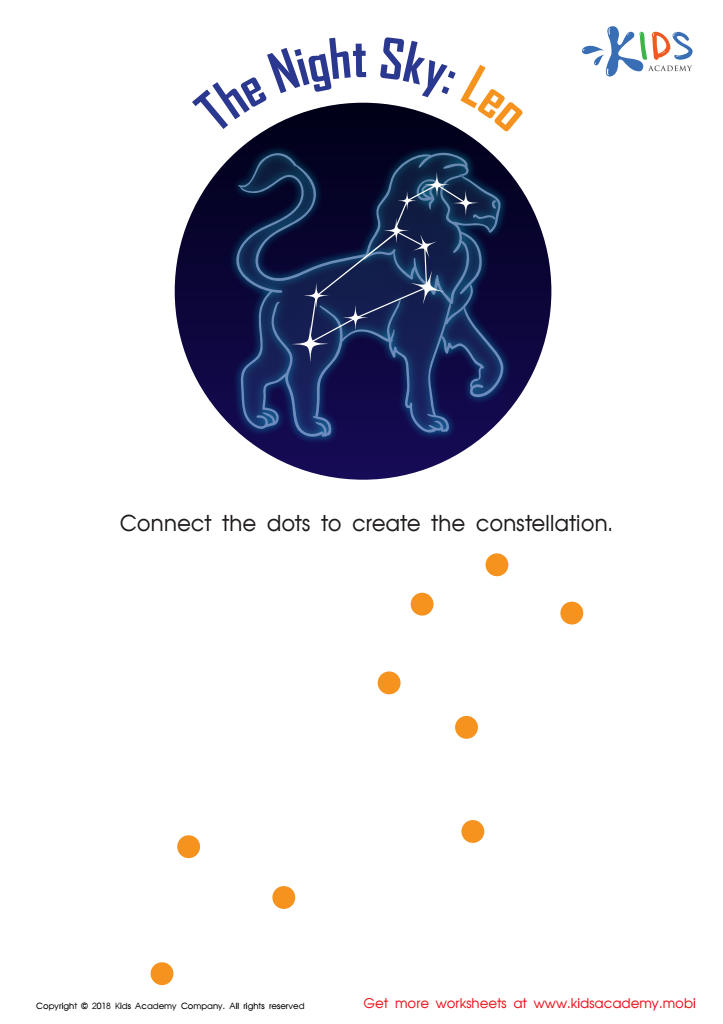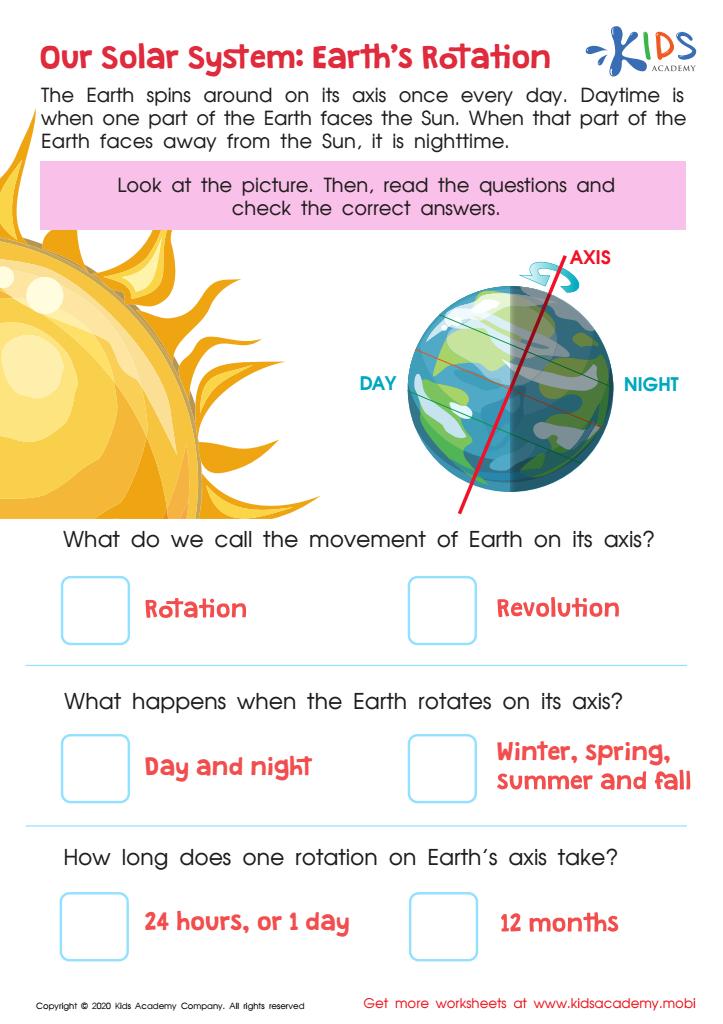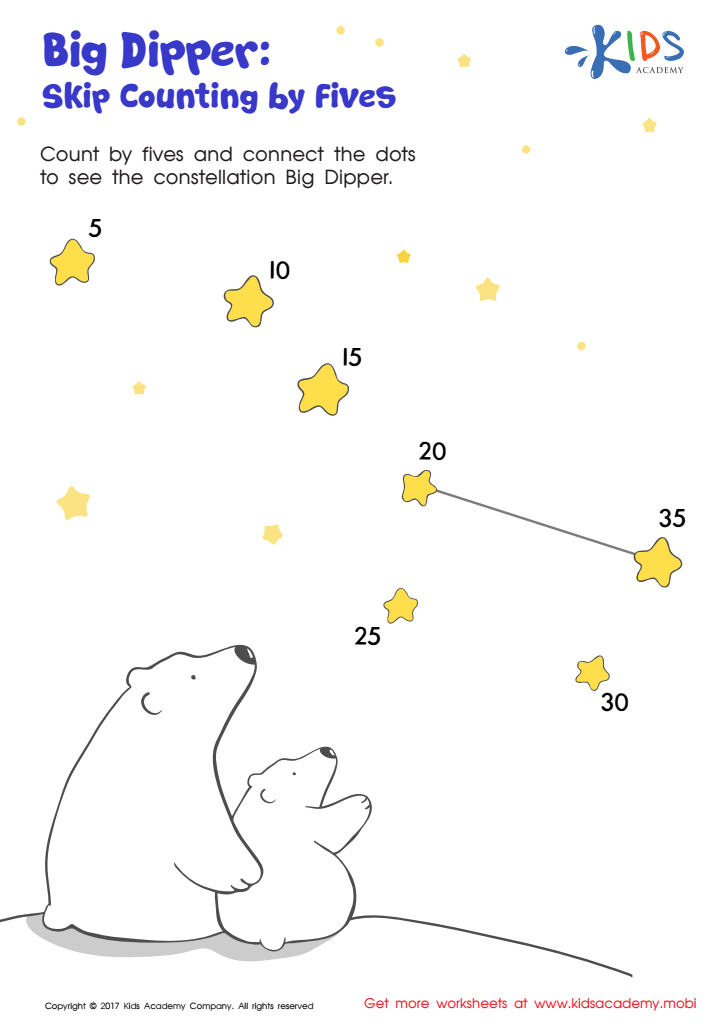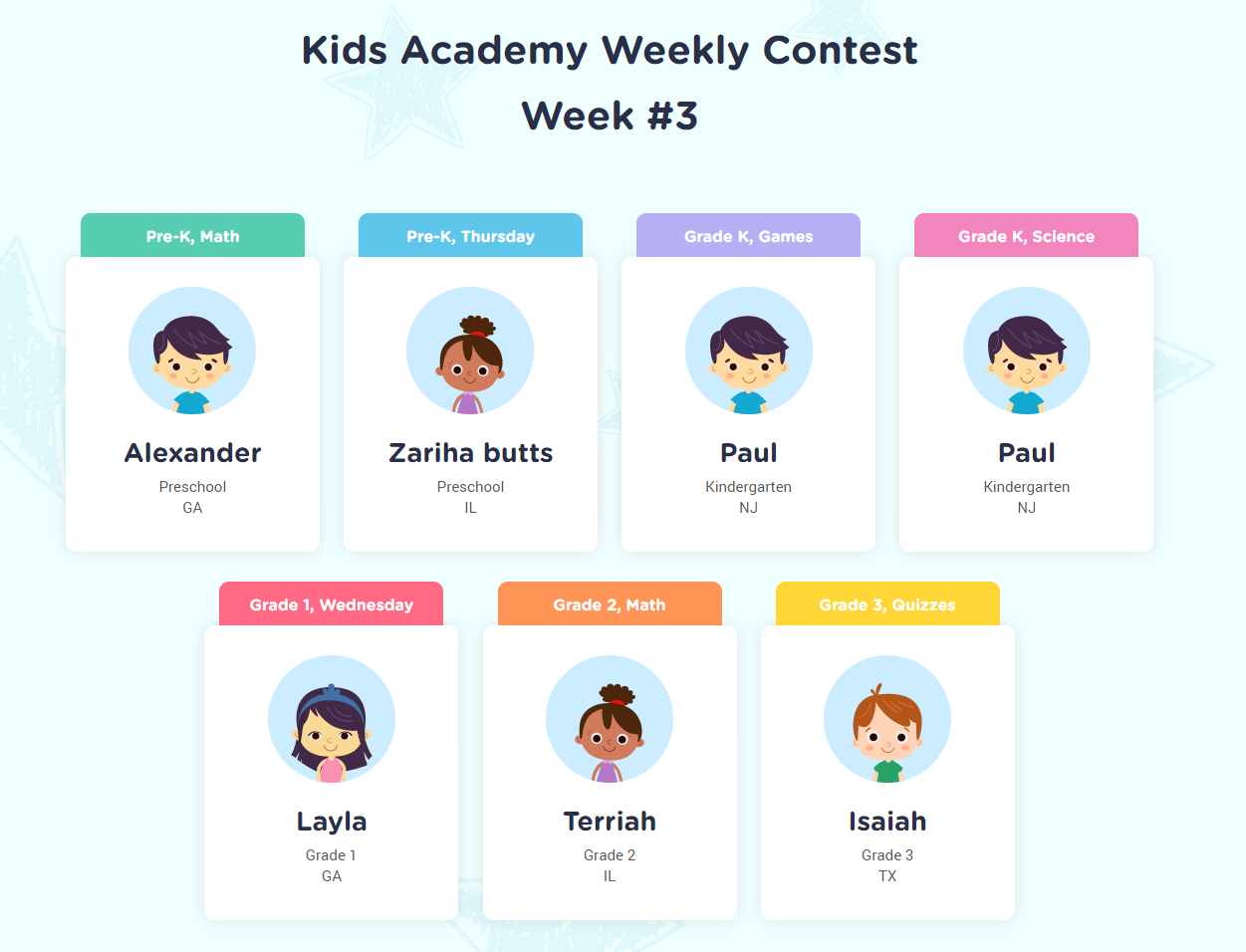Astronomy basics Normal Worksheets for Ages 6-9
3 filtered results
-
From - To
Discover the wonders of the universe with our "Astronomy Basics Normal Worksheets" designed specifically for children aged 6-9. These engaging worksheets introduce young learners to essential astronomical concepts in a fun and accessible way. Encourage curiosity with activities that explore planets, stars, the moon, and space exploration. Each worksheet promotes critical thinking and reinforces core subjects, making learning seamless and enjoyable. Ideal for homeschooling or classroom use, our resources foster a love for science while enhancing practical skills. Ignite your child’s passion for astronomy and watch their imagination soar as they uncover the mysteries of the cosmos!


The Night Sky: Leo Worksheet


Our Solar System: Earth's Rotation Printable
Astronomy basics are essential for children ages 6-9, as they lay the groundwork for a lifelong love of learning and curiosity about the universe. Understanding fundamental concepts like planets, stars, and the solar system can ignite a child's imagination and inspire critical thinking. By exploring astronomy, children learn about science and math in an engaging, interactive way, cultivating essential skills for their academic journey.
Moreover, astronomy fosters a sense of wonder about the world beyond Earth. It encourages children to ask questions, such as "What is out there?" or "How does day turn to night?" These questions promote communication skills, stimulate conversation between parents or teachers and children, and develop problem-solving abilities.
Additionally, knowledge of astronomy can nurture responsible citizenship. Understanding our planet's position in the universe can lead to greater appreciation for Earth’s resources and the importance of conserving them.
From stargazing to simple science experiments, astronomy offers numerous hands-on activities that make learning fun. By introducing these basic concepts early, parents and teachers can help create future innovators and thinkers, fostering not only academic growth but also a deep appreciation for the wonders of the cosmos.

 Assign to My Students
Assign to My Students















